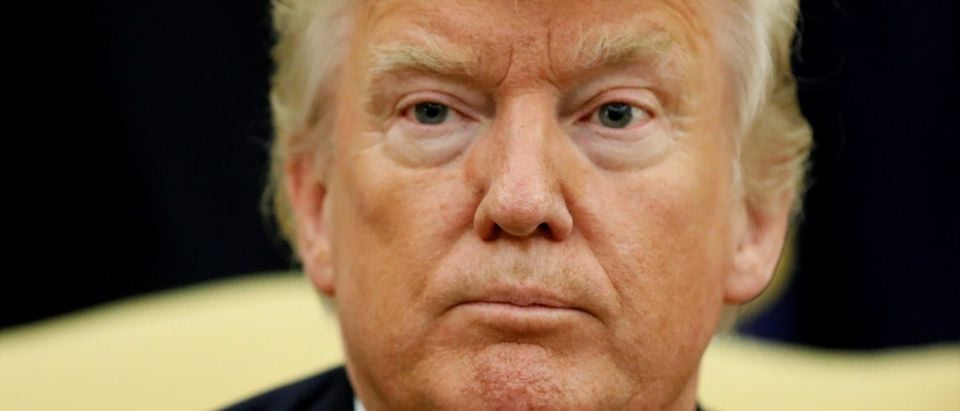At the White House last week, President Donald Trump convened the “American Innovation Council” to much hype, mostly because the President’s son-in-law, Jared Kushner, spoke publicly at the event.
However, in light of recent cyberattacks across Europe, the issue of the country’s digital integrity has moved to the forefront of government concern. Yet, in spite of the council’s name, among the attendees was one company that was not American. The German tech giant SAP was invited to participate.
Although Germany itself is perceived as less protectionist than other European nations, the European Union serves as a shield to US competition, as evidenced by the recent $2.7 billion fine hitting Google for alleged anti-competitive actions. Germany, like every EU member, is protected from U.S. originated tech competition by the EU without having to take action on their own. That fact left some observers perplexed as to why, among the CEOs of American companies like Apple, MicroSoft, Amazon, and Oracle, a lone foreign company would garner an invite to an audience with a President noted for putting “America first.”
President Trump signed an executive order creating the council on May 1st, but nowhere in that order does it specify that participation be American companies.
SAP’s CEO is an American, Bill McDermott, but the company is German founded and located in Germany. In the meeting, McDermott is reported to have expressed interest in creating a “’digital cabinet room’ by which President Trump could enjoy constant communications with his Cabinet secretaries or monitor them non-stop.”
The idea of a German company’s involvement in “efforts to transform and modernize the federal government, and innovate how agencies use and deliver information,” according to a company spokesperson, struck Bruce Fein, former General Counsel to the Federal Communications Commission under President Ronald Reagan as odd.
After the meeting, Fein suggested President Trump should “issue an executive order prohibiting federal contracts–or at least White House contracts–to foreign owned companies unless American companies enjoy reciprocal access to contract opportunities in their foreign nations.”
Fein wondered, “why is President Trump giving a prized White House platform to a German owned company with no reciprocity from Angela Merkel?”
The meeting was the first of the council, what will come next, and whether or not government contract, including a “digital cabinet room,” will come into being remains to be seen.


